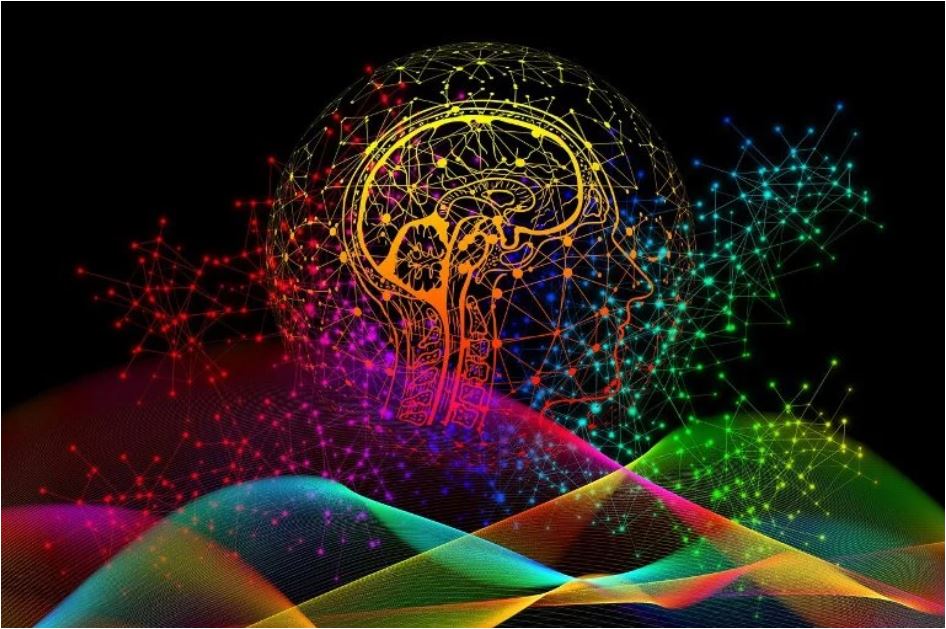The Paradox of Time: Why More Time Leads to Less Productivity with ADHD
For those with ADHD, the struggle to accomplish tasks despite ample time can undermine confidence and fuel stress. Understanding how ADHD, particularly when combined with perfectionism, creates this productivity paradox is key to regaining control. Sophisticated readers juggling complex responsibilities will find tailored, evidence-based solutions to work smarter, not harder, and achieve their goals.










